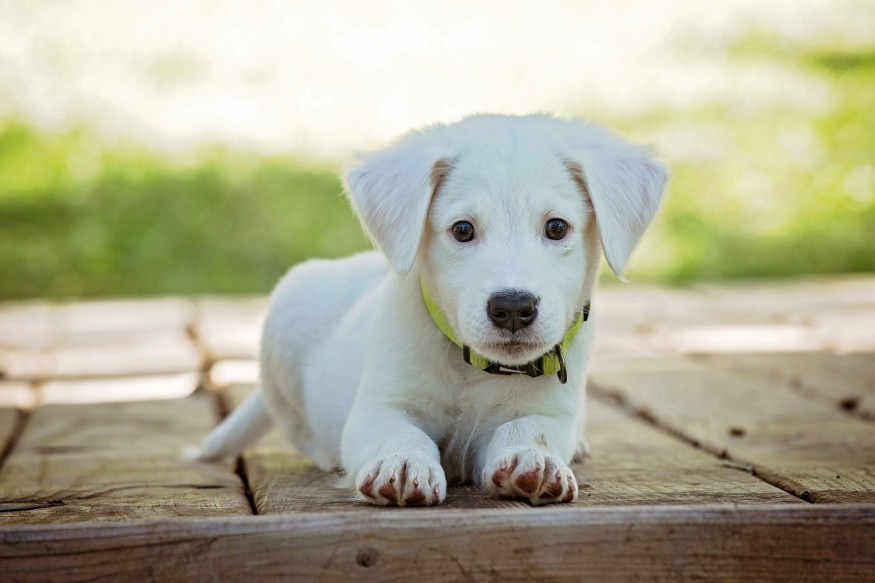Fluorouracil, an antibiotic cream, may be fatal to pets if consumed according to the recent statement of the US Food and Drug Administration (FDA). A representative revealed that the organization had received reports about dogs exposed to fluorouracil, and all of the pets had died.
FDA Provides Edible and Non-Edible Dangers That Kills Pets
According to Newsweek, the announcement advised people to prevent their pets from licking the area of their skin where they had applied medicine if their medication contained fluorouracil. The agency advised pet owners to keep an eye on their animals and what they consume because many foods and objects can be fatal.
Edible dangers include coffee, garlic, and numerous human or animal medications. Non-edible dangers like antifreeze, mothballs, and home cleansers can also endanger pets. The FDA stated that pet health threats can also arise from outside the home. If the pet consumes some plants or flowers, it could also be dangerous.
Fluorouracil Poisoning
The chemotherapy drug fluorouracil is used to treat some forms of skin cancer and a disease known as solar or actinic keratosis, which has been linked to skin cancer. It is also used to treat warts in kids and sometimes in veterinary medicine to treat cancer in horses. It is present in products marketed under the names Efudex, Carac,Tolak, and Fluoroplex. You might see fluorouracil on the container as well.
Fluorouracil can be ingested by pets if they chew on its packaging or lick the skin where it has been applied. Poisoning symptoms, such as vomiting, trembling, and diarrhea, can appear within 30 minutes of exposure, but death can happen six to 12 hours later.
Owners should keep fluorouracil stored away and dispose of unused canisters in a container inaccessible to dogs. However, the FDA also stated they had not received cases of fluorouracil poisoning in other pets. The FDA also reminds to stop pets from licking skin after treatment, and discuss with the doctor if you should cover the treated area with clothing or gauze.
Call your veterinarian or a pet poison control hotline as soon as you suspect your pet has consumed something harmful.

Check Your Medicine Cabinet
An old blog post from a vet from Commonwealth Veterinary Hospital serves as a reminder to check the medicine cabinet to see whether it has any medications containing fluorouracil.
The doctor assured in his post that they had no medications on hand that contained the chemical. But after finding a tube containing it, he learned that his wife's doctor had prescribed it. He claimed that the tube did not have any warnings for people or pets. Then he begged pet owners to keep the medicine out of their animals' reach.
He advised looking through your bathroom drawers to see if you have any, and if you do, putting it somewhere safe that your pets cannot access. Avoid letting your pets lick the area where the cream has been administered if you are currently applying it.
RELATED ARTICLE: Immunotherapy of precancerous skin lesions may prevent squamous cell carcinoma
Check out more news and information on Medicine and Health in Science Times.












